Philosophy Of Juvenile Justice System
Philosophy of juvenile justice system. What is the philosophy of the juvenile justice system. The concept of rehabilitation in juvenile justice was based on the belief that childhood and adolescence are periods of growth and development. 5 1751 words Type.
We call that philosophy personalized and individualized justice. The American juvenile justice system is an often-misunderstood component of our justice system. The cornerstone of juvenile justice philosophy in America has been the principle of parens patriae.
Juvenile Court Philosophy The Office of Juvenile Justice and Delinquency Prevention OJJDP offers the reader and researcher many insightful documents regarding the history of the juvenile justice movement based almost Pages. The primary goals of the juvenile justice system in addition to maintaining public safety are skill development habilitation rehabilitation addressing treatment needs and successful reintegration of youth into the community. The very foundation of the philosophy represented by the juvenile court.
Depending on the crime they have committed the juvenile courts can put them through a rehabilitating center. Development and Philosophy of the Juvenile Court. Diane Williams April 30 2012 Punishment In Criminal Justice CRJ 301 Juvenile Justice Iesia Mitchell Instructor.
Diane Williams April 30 2012 There are five general aims or functions or justifications of punishment. Examining the works of Mack 1909 Platt 1969 Caldwell 1961 and Fox 1996 reveals that although development of the court has taken various shapes and has often been. Children under 10 cannot commit crime under Minnesota law and any incidents are handled by the child welfare system.
One of the most striking features of our juvenile justice system is the prominence of philosophy. In appellate decisions in preambles to legislation and in commentary by judges and those on the sidelines of the system the themes of child welfare are repeated again and again. Since patterns of proper behavior evolve from nurturing the goal of benign intervention was to serve the best interests of the child.
In all juvenile court procedure there is nothing. The predominant philosophy of the juvenile system is that the juveniles that commit crimes can learn from the mistakes they made.
Diane Williams April 30 2012 Punishment In Criminal Justice CRJ 301 Juvenile Justice Iesia Mitchell Instructor.
In one of the most recent restatements of this philosophy the National Council of Juvenile Court Judges. The predominant philosophy of the juvenile system is that the juveniles that commit crimes can learn from the mistakes they made. In one of the most recent restatements of this philosophy the National Council of Juvenile Court Judges. The juvenile justice system has been critiqued and criticized numerous times since its inception. One of the most striking features of our juvenile justice system is the prominence of philosophy. A separate juvenile justice system was established in the United States about 100 years ago with the goal of diverting youthful offenders from the destructive punishments of criminal courts and encouraging rehabilitation based on the individual juveniles needs. We call that philosophy personalized and individualized justice. The very foundation of the philosophy represented by the juvenile court. Examining the works of Mack 1909 Platt 1969 Caldwell 1961 and Fox 1996 reveals that although development of the court has taken various shapes and has often been.
The treatment and successful reintegration of youth into society are the primary goals of the juvenile justice system along with overall public safety. Diane Williams April 30 2012 There are five general aims or functions or justifications of punishment. The very foundation of the philosophy represented by the juvenile court. Define the role and key parameters of the juvenile justice system. 5 1751 words Type. The juvenile justice system has been critiqued and criticized numerous times since its inception. The cornerstone of juvenile justice philosophy in America has been the principle of parens patriae.

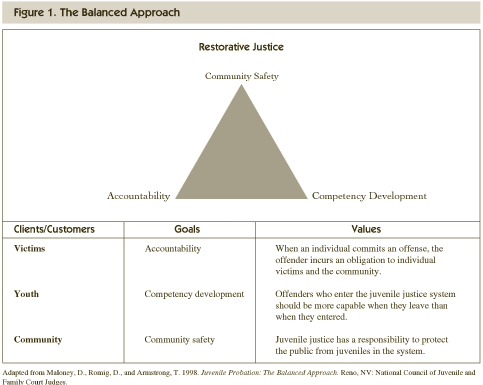


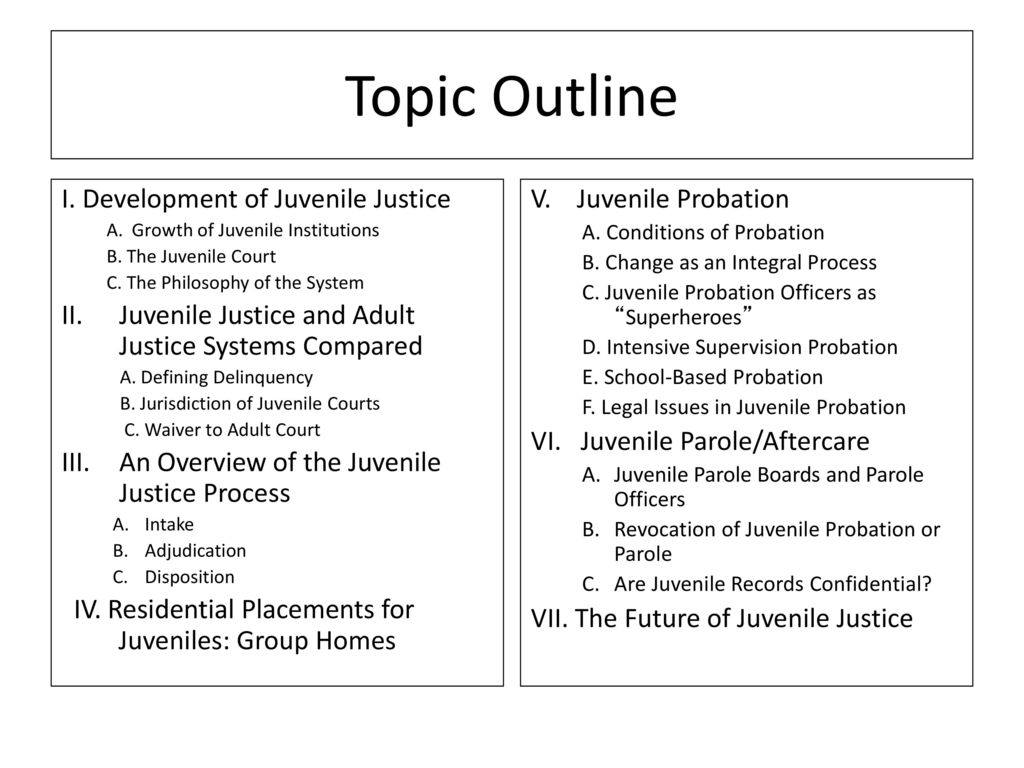
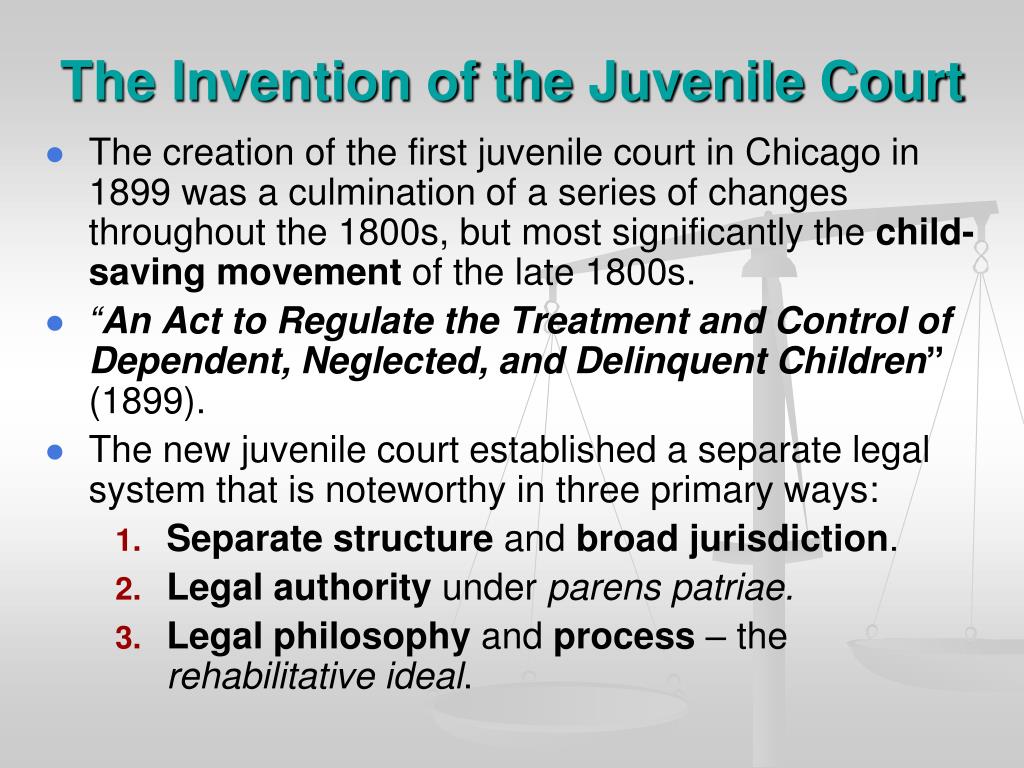

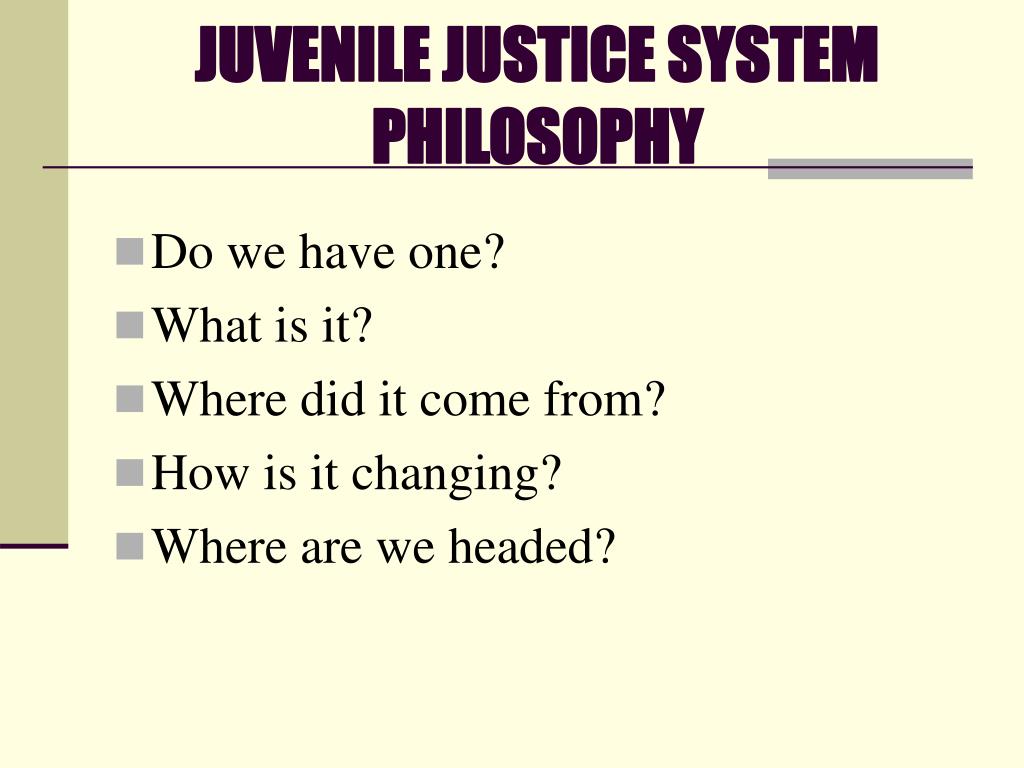
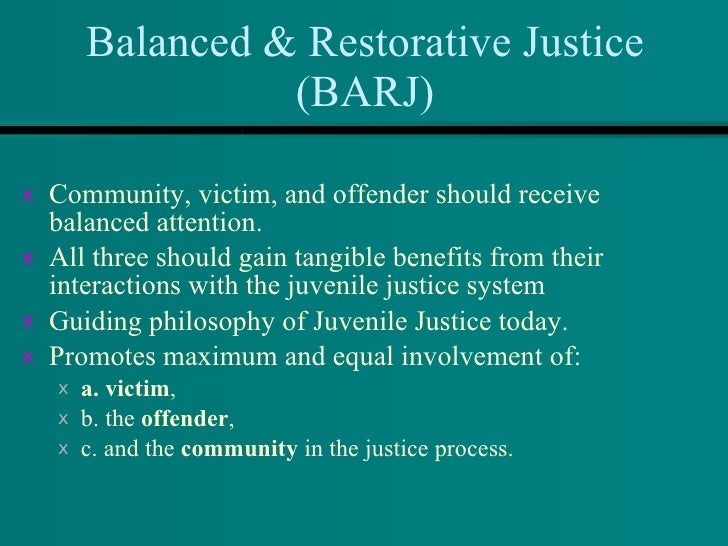
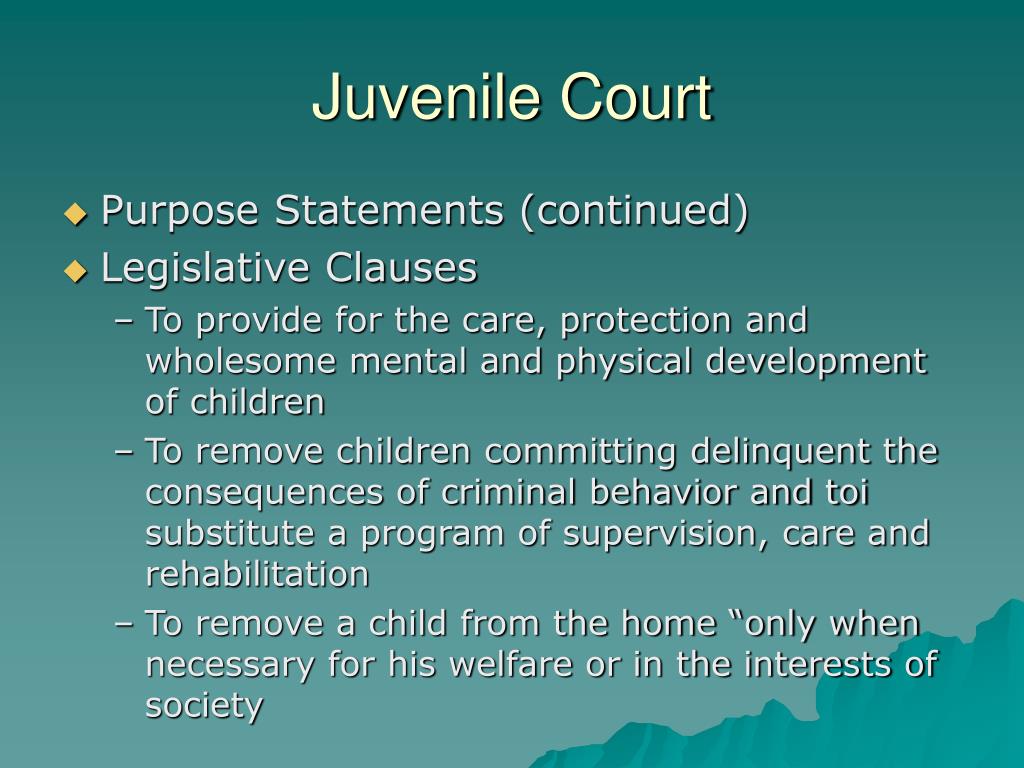

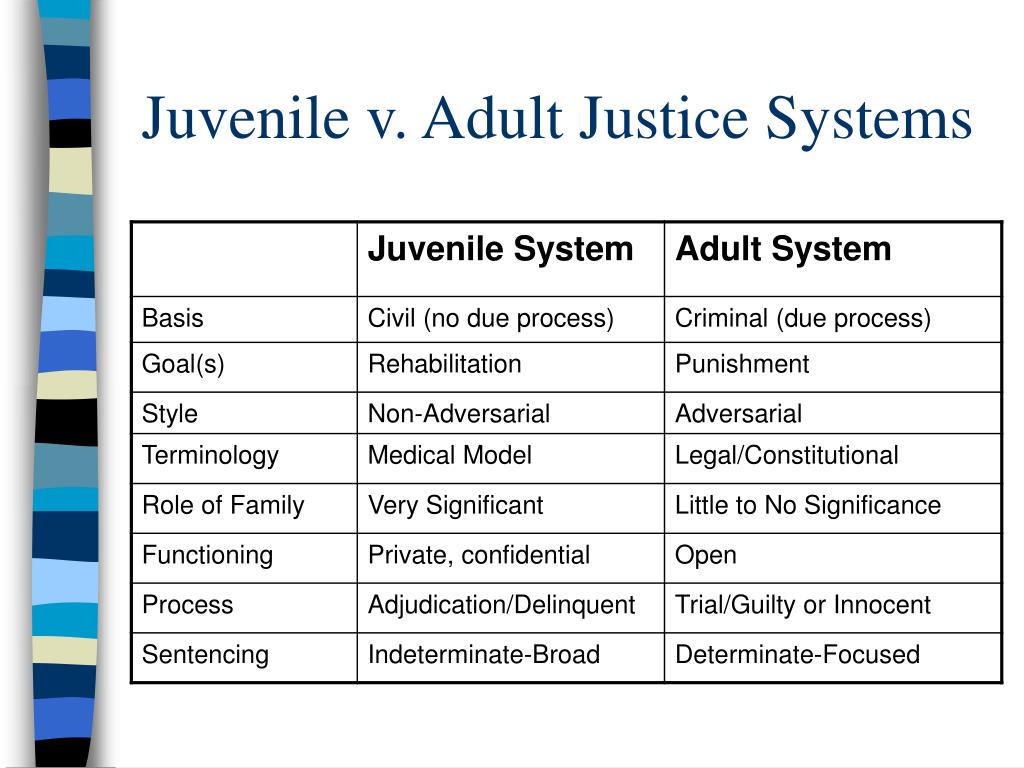
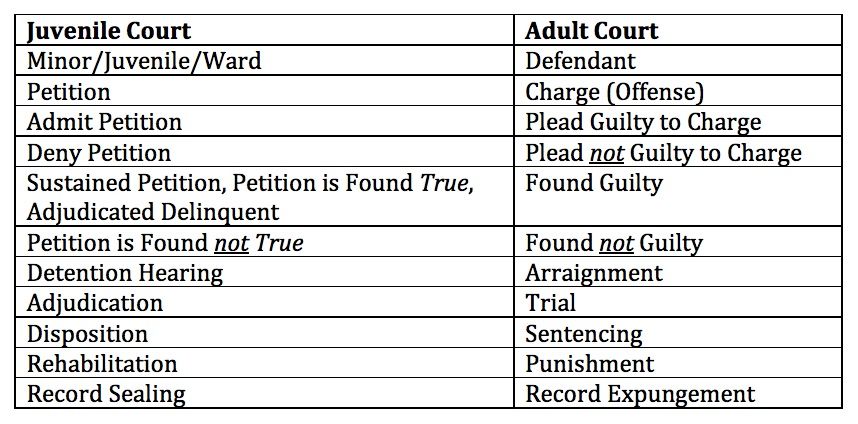



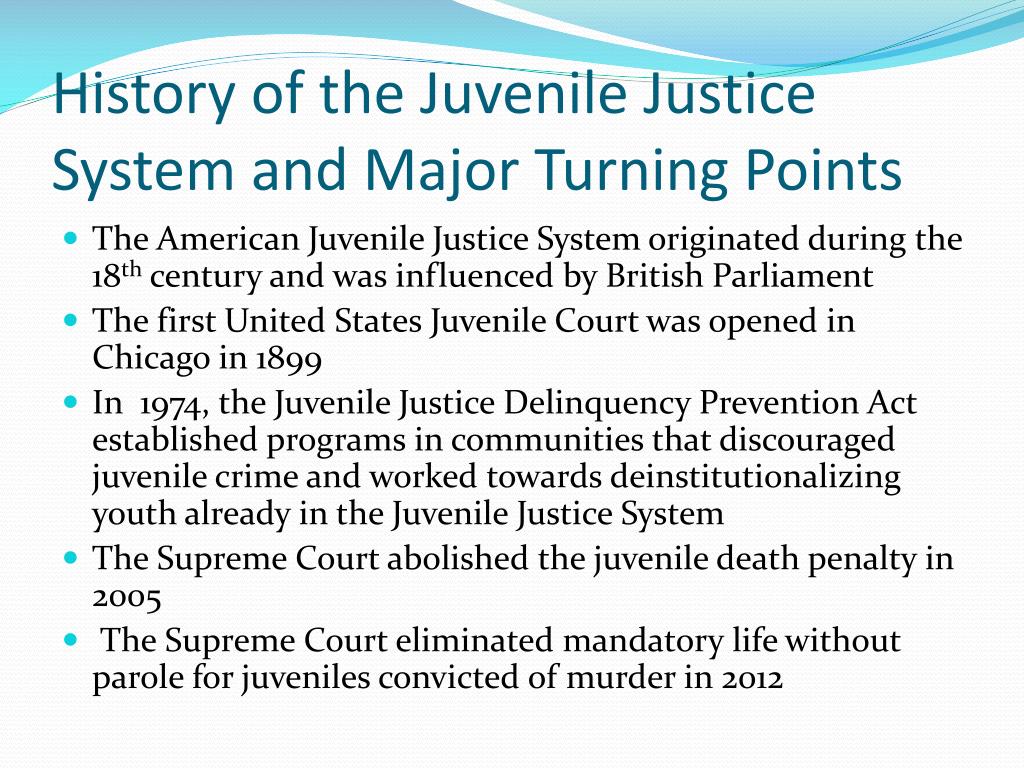


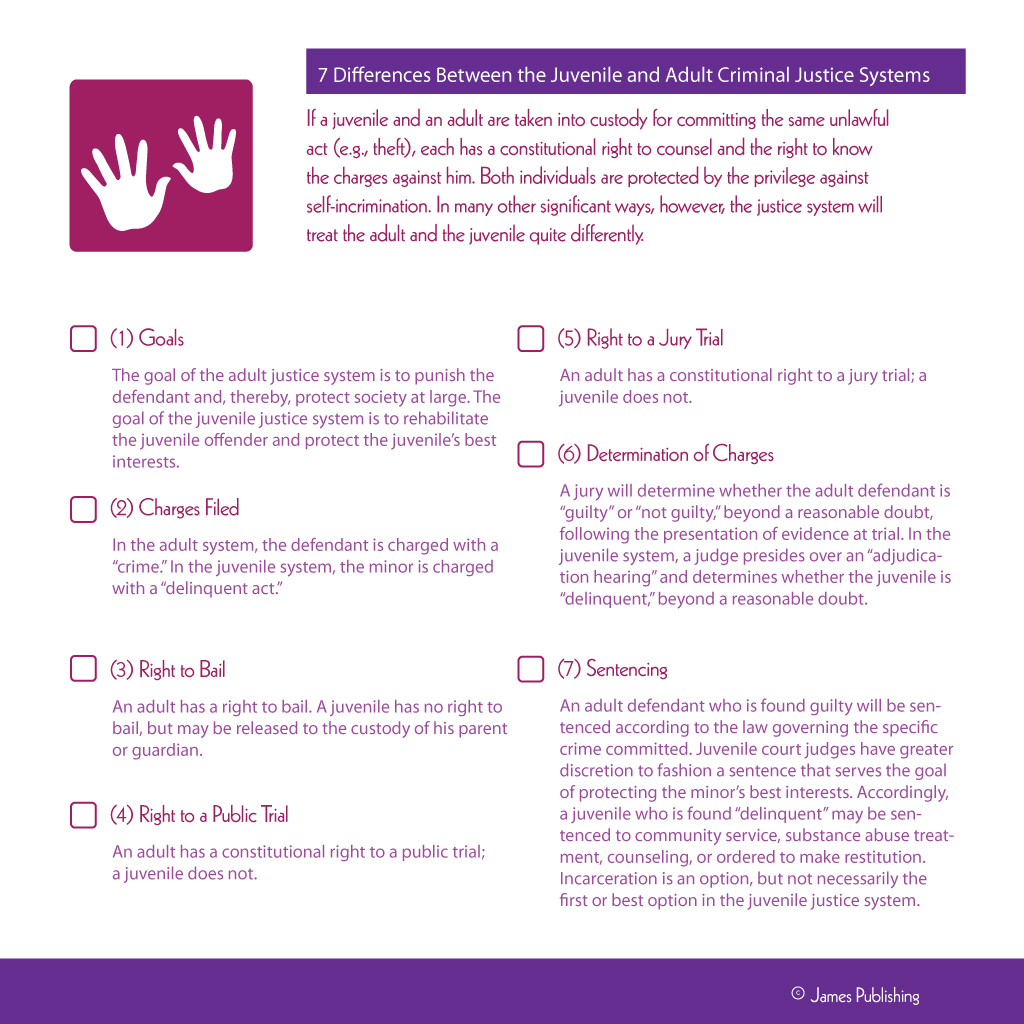
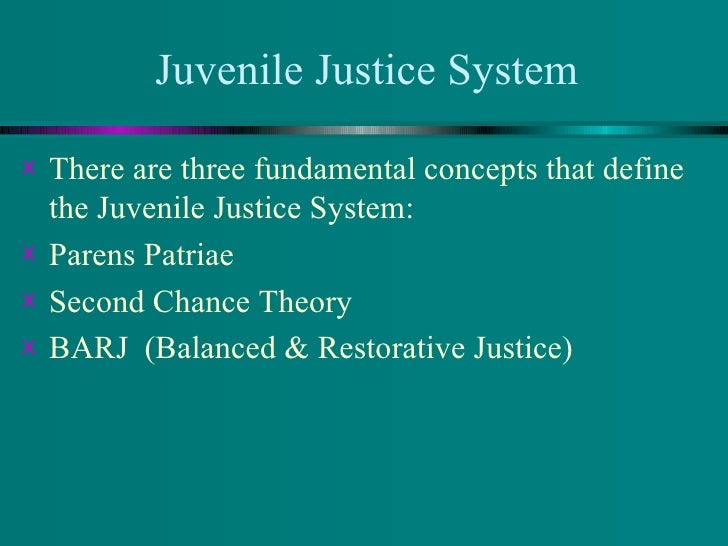

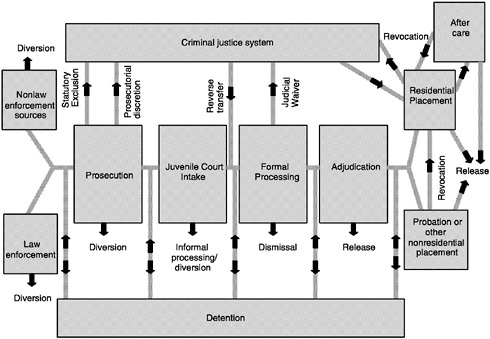




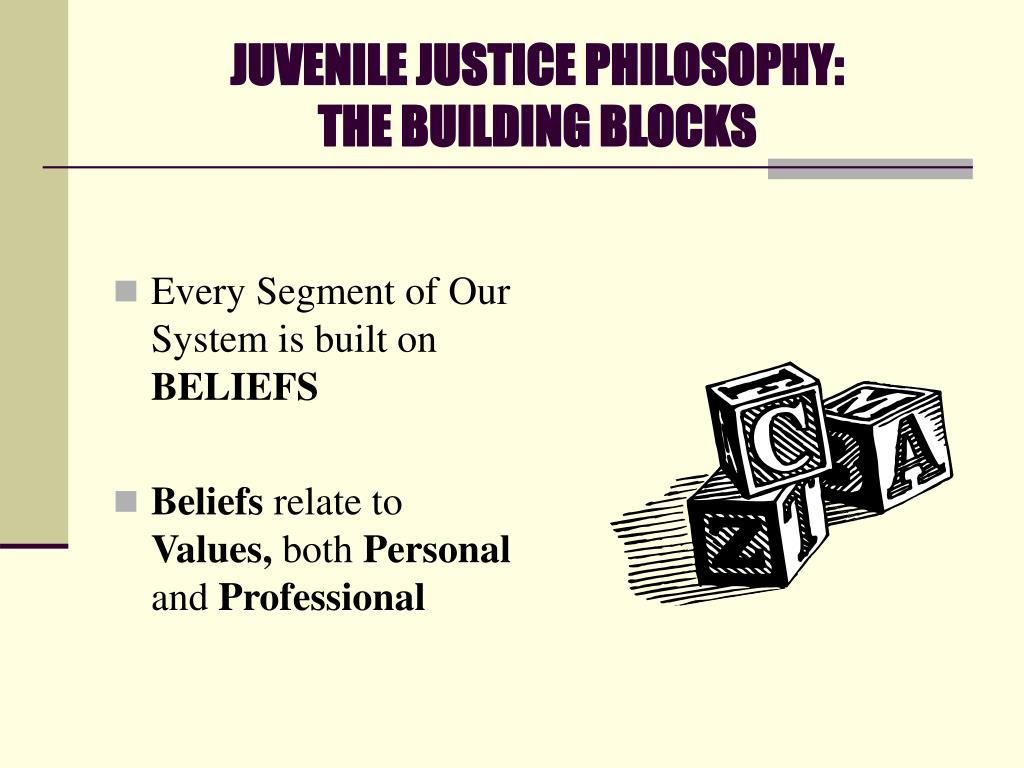





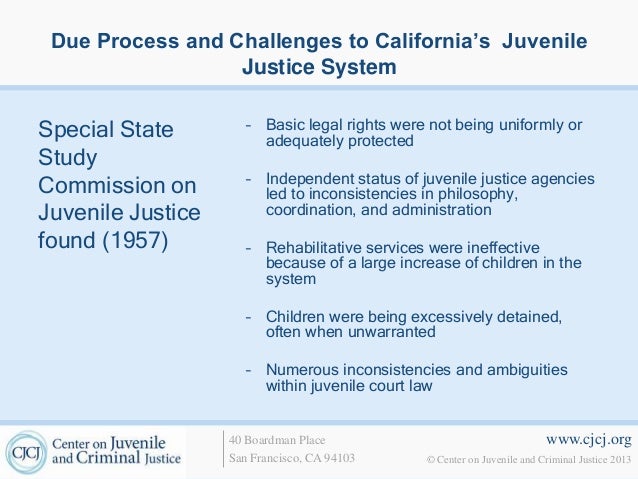







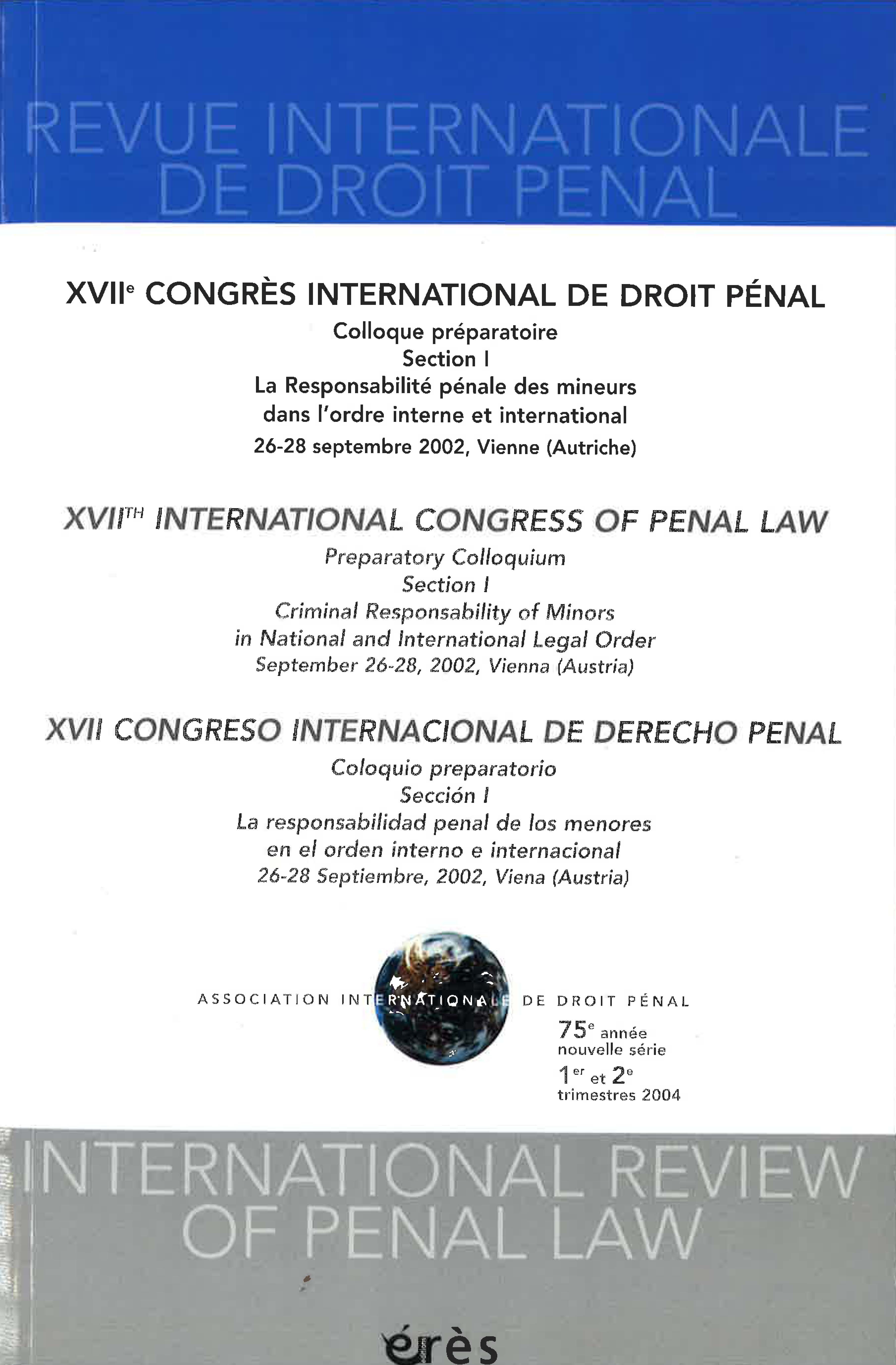
Post a Comment for "Philosophy Of Juvenile Justice System"